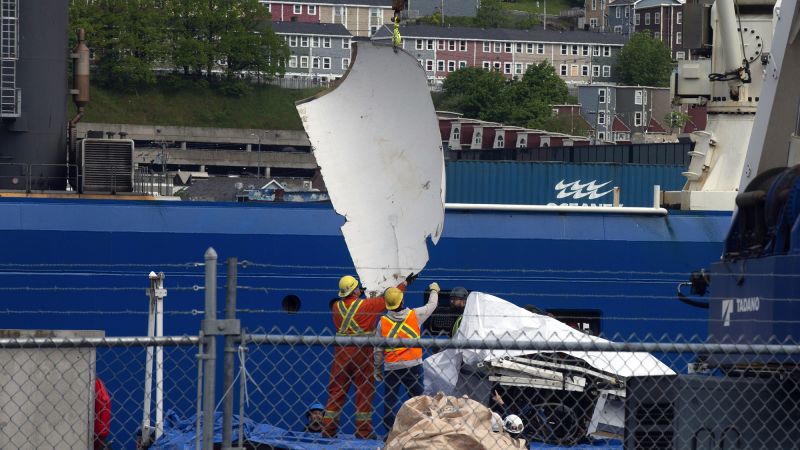A year ago Tuesday, the world witnessed a multinational search for a commercial sub and five passengers that tragically ended in disaster. The small but growing community of deep-sea submersible enthusiasts was horrified by the incident involving the ill-fated sub operated by OceanGate. Following the revelation that the vessel had imploded on its way to the Titanic wreckage site, OceanGate ceased operations. This event seemed to close the market for Titanic sub tourism, but it actually presented an opportunity for other submersible operators to emphasize safety and distance themselves from OceanGate.
One leading sub operator, Triton Submarines, is already planning its own journey to the Titanic wreckage to demonstrate that their industry adheres to safety standards, unlike OceanGate. In the wake of the disaster, real-estate billionaire Larry Connor approached Triton’s CEO with the idea of building a sub to showcase the safety of deep-sea travel. Triton confirmed that the trip is in the early planning stages but did not provide a timeline.
OceanGate had been a rising but controversial player in the manned submersible industry, known for pushing boundaries and innovation. However, the company’s founder, Stockton Rush, disregarded industry standards and warnings in the pursuit of his vision. Triton has worked to distance itself from OceanGate by highlighting its commitment to safety and adherence to regulations.
The tragic incident involving the Titan sub has raised awareness about the risks associated with deep-sea exploration. However, similar to the phenomenon seen in adventure tourism following deadly incidents, interest in submersible exploration may increase. Luxury adventure travel companies have noted a shift in consumer behavior, with a greater emphasis on safety and risk mitigation.
Despite the tragedy, the interest in boundary-pushing experiences like deep-sea exploration remains strong. People are more aware of the risks involved in such adventures and are willing to pay a premium for higher safety standards. The events surrounding OceanGate have heightened sensitivity to risk in adventure travel, prompting a demand for increased safety measures across the industry.












